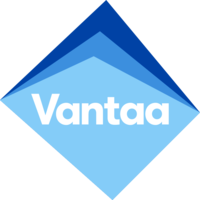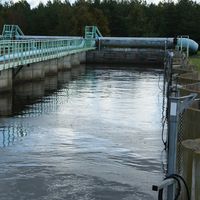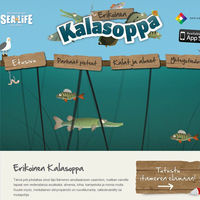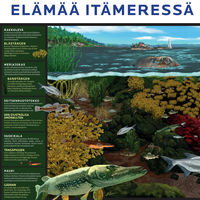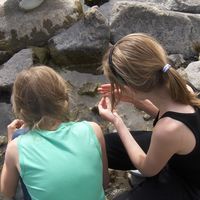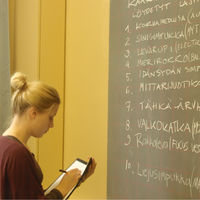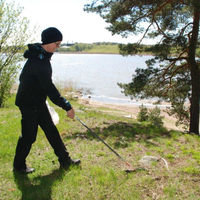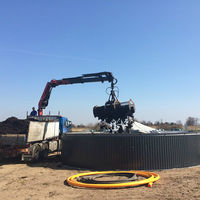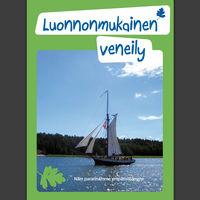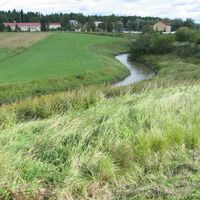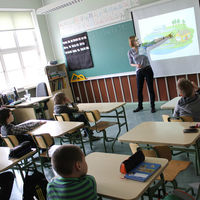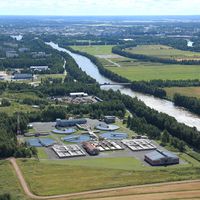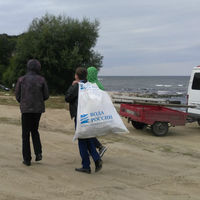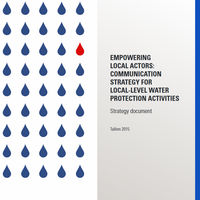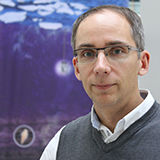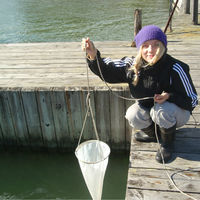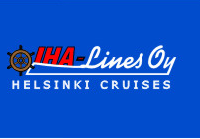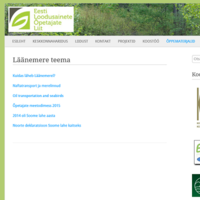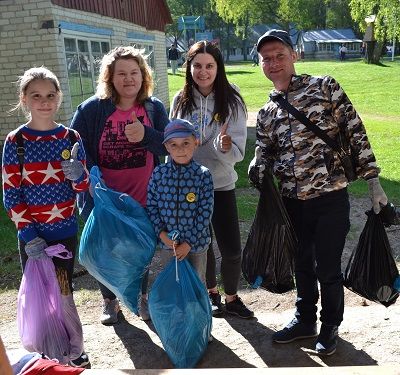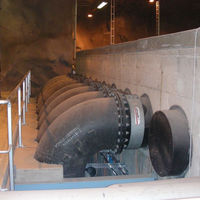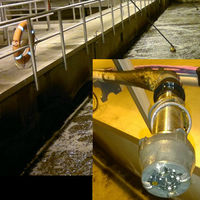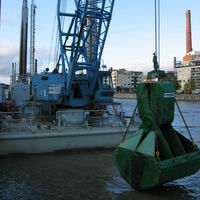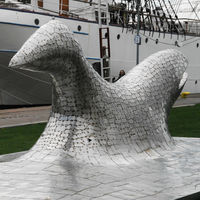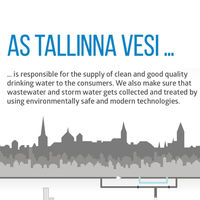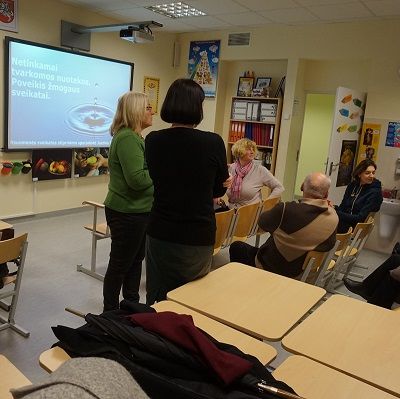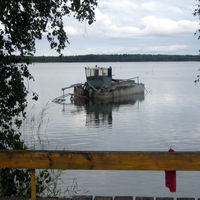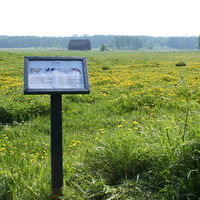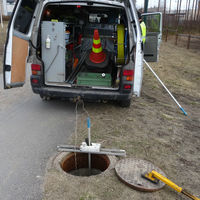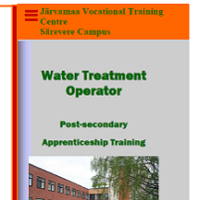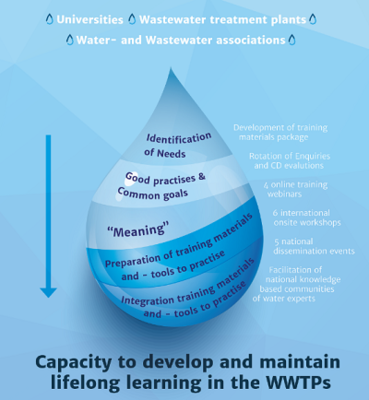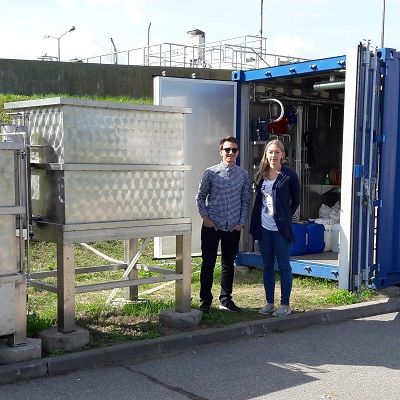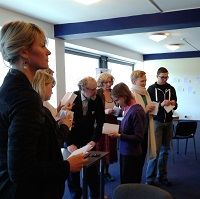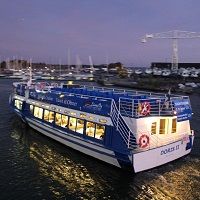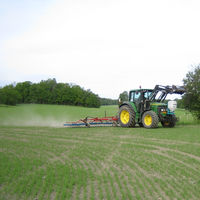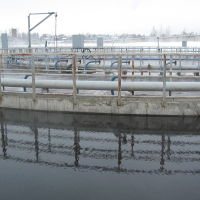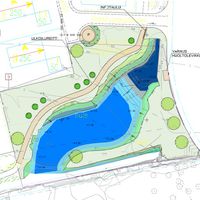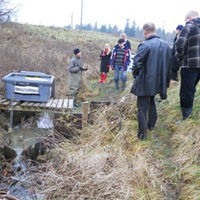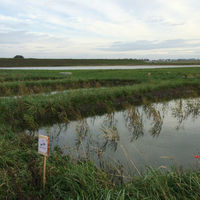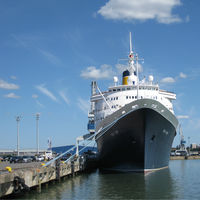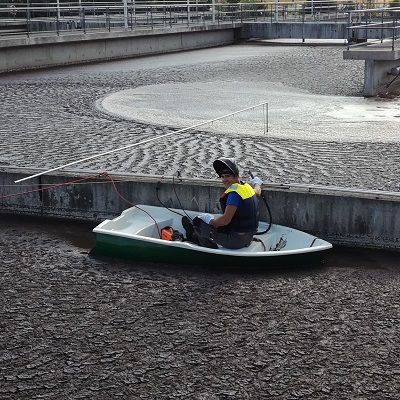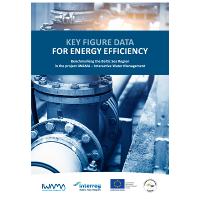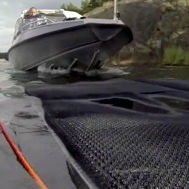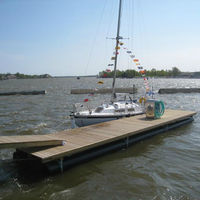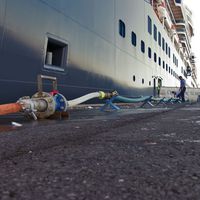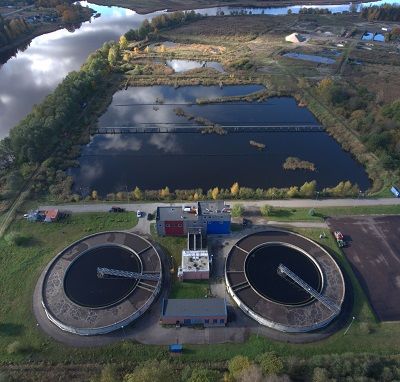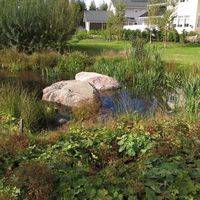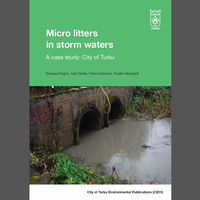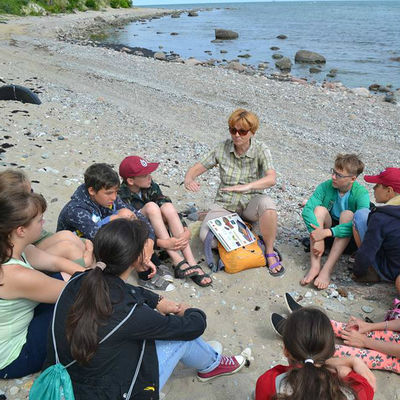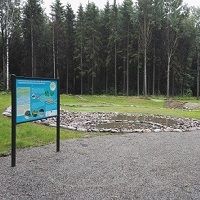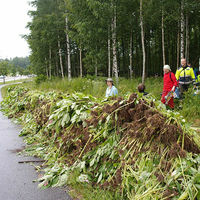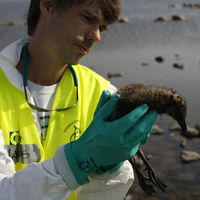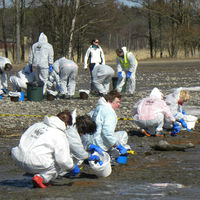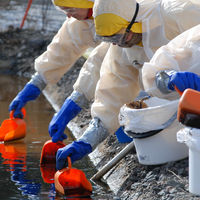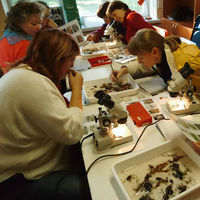Bank of Actions
Are you seeking examples or inspiration for water protection? There are plenty of potential actions to choose from! The Bank of Actions will provide your organisation with concrete ideas and examples of water protection activities implemented by organisations in the Baltic Sea Challenge network. You can browse these according to the theme, type of actor, country, year or keyword.
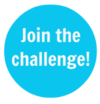 |
Join the Baltic Sea Challenge network by committing to water protection work, and gain the benefits of an international expert Network. Read more about the Baltic Sea Challenge and how to join the network. |
 |
The Bank of Actions is always open to ideas for new actions. Is your organisation already a member of the Baltic Sea Challenge network and does it have good examples of water protection measures that it would like to share? Tell us about the work that you do, by filling in this form. We will put your action on the map! |
![]() Agriculture
Agriculture
![]() Awareness raising
Awareness raising
![]() Hazardous materials
Hazardous materials
![]() Littering etc.
Littering etc.
![]() Oil spill prevention
Oil spill prevention
![]() Research and monitoring
Research and monitoring
![]() Shipping and boating
Shipping and boating
![]() Stormwater management
Stormwater management
![]() Strategies and programs
Strategies and programs
![]() Wastewater management
Wastewater management
![]() Other
Other
![]() Drainage basin
Drainage basin
Lifelong learning through German “Neighbourhood” concept
Actor: German Association for Water, Wastewater and Waste (DWA) - Regional Group North-east ● Year: 2017 ● Address:
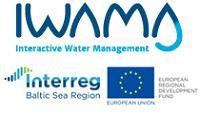 In IWAMA project the German concept for lifelong learning in wastewater treatment sector called “Neighbourhoods” was tested in international context during capacity development workshops. This method of exchange of experiences under guidance of experts proved to be extremely useful.
In IWAMA project the German concept for lifelong learning in wastewater treatment sector called “Neighbourhoods” was tested in international context during capacity development workshops. This method of exchange of experiences under guidance of experts proved to be extremely useful.
Description
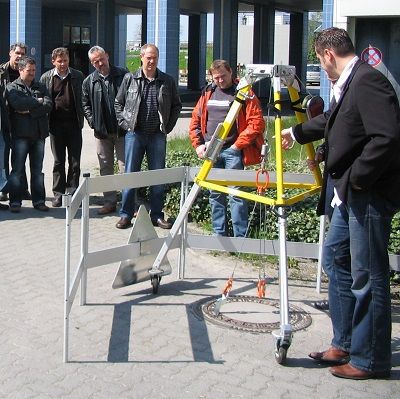 Learning from the neighbour is a useful approach, as the actors are on the same level and “speak the same language”. Every wastewater treatment “neighbourhood” is guided honorary by a professional high-qualified person (so called “teacher/adviser”). The “teacher” is responsible for coordination of meeting date, location and programme. Involvement of “teacher” assure transfer of new information from beyond the daily work to the wastewater treatment workers which leads to a better qualification and finally helps to improve the water quality. Each Teacher can be assisted in organization by a chairman, who is elected by the neighbourhood.
Learning from the neighbour is a useful approach, as the actors are on the same level and “speak the same language”. Every wastewater treatment “neighbourhood” is guided honorary by a professional high-qualified person (so called “teacher/adviser”). The “teacher” is responsible for coordination of meeting date, location and programme. Involvement of “teacher” assure transfer of new information from beyond the daily work to the wastewater treatment workers which leads to a better qualification and finally helps to improve the water quality. Each Teacher can be assisted in organization by a chairman, who is elected by the neighbourhood.
Each neighbourhood can select own topics for their meetings, which ensures that region-specific aspects can be discussed. The topics are usually presented by external experts or personnel of suppliers. These presentations should be product neutral and give a market overview if necessary or show different solutions.
Once a year teachers of a region meet for their skill enhancement. During this meeting a guideline for the topics of the next neighbourhood meetings is developed. The organizing institution names a supervisor who is in charge of professional guidelines, including the topics, the annual meetings of teachers, selection of teachers and their mentoring. The teachers taking part in the neighbourhood work receive information about the current challenges in the field and so new ideas for their daily work, e.g. new research topics for representatives from academia.
Benefits
Benefits of the “Neighbourhood” work
- Sustainable increase of the efficiency reduces operational costs and efforts
- A lot of useful experiences for the operation and the enlargement of sewers and WWTPs
- Up-to-date information (e.g. new laws and regulations and cognition of the operational safety)
- Practical tools to support daily work, like forms and operational instructions
- Benchmark of efficiency
- Detecting problems and development measures
Background information
The international neighbourhood concept was developed within Interreg Baltic Sea Region Programme 2014-2020 financed project IWAMA. Baltic Sea Challenge had close co-operation with IWAMA. The project activities concentrated on developing the capacity of water sector operators and pilot investments to increase energy efficiency and advance sludge handling. All project activities were targeted at better environmental state of the Baltic Sea through reducing nutrient input, optimizing energy consumption of the wastewater treatment plants, training water sector’s employees and ensuring the transfer of knowledge. The partners of the IWAMA project joined the Baltic Sea Challenge network.

Further information
Name: Matthias Ebel ● Email: dwa(a)dwa-no.de ● Web page: www.dwa-no.de

